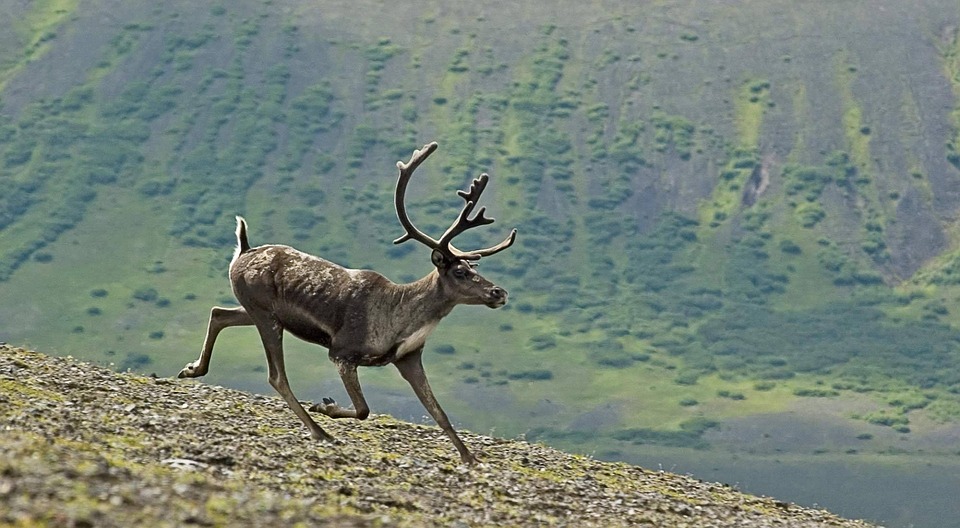A new study shows that Canada’s Caribou population is declining.
Melanie Dickie, a PhD student and research assistant on the study, says there a number of factors contributing to the decline in population.
“The factors that contribute to caribou decline are going to vary herd by herd, but the biggest thing we think is going on is a predation story. Caribou are being predated on by species like wolves and bears that are being sustained at higher abundances than they have been historically, and those predators are going into caribou habitat more frequently than they used to in the boreal. That’s facilitated by linear features like roads, seismic lines and pipelines. So there’s kind of two parts of the predation story, there are too many predators on these landscapes and they’re able to hunt more efficiently. There are two pieces coming together to increase the mortality of adult and calf caribou.”
Dickie says the overabundance of predators may be attributed to a long-standing hypothesis called ‘apparent competition’.
“What that means is essentially there are factors going on in the landscape that are increasing the abundance of other species like moose and deer, and that means there are more predators that then incidentally eat caribou. That was the main pathway we wanted to test with our paper. We dove in a little bit more to make sure we were getting a good understanding of why the moose were increasing. What we specifically looked at was a metric of habitat productivity or the amount of vegetation on the landscape, and we’re showing that in areas with more vegetation, there’s more moose, there are more wolves, and there are steeper caribou declines. We also looked at what was driving the increase in vegetation. There’s going to be a whole bunch of different components to that, but one of the things that we show in our paper is that an increased amount of habitat alteration, things like cut blocks, lead to more vegetation and that then triggers that pathway to more moose.”
Dickie says just about all of the populations are declining, and there are very few that are stable. She says in the few populations that are stable, there is little habitat disturbance, but there is a lot of fire disturbance. Dickie says n BC, the northern mountain population is doing better than the populations farther south.
Something going on in the Cariboo you think people should know about?
Send us a news tip by emailing [email protected].










